Each winter I like to collect a bag or two of the seedheads of both Teasel and Greater Burdock in hope of rearing the three species of moth mentioned below.
On Teasel, I check seed heads for the larvae of
Endothenia marginana and
E. gentianaeana - studying the larvae closely allows me to separate the two:
http://www.ukmoths.org.uk/show.php?bf=1099. This way I can be sure of an accurate ID of the adults. These larvae are often very numerous and not at all difficult to locate.
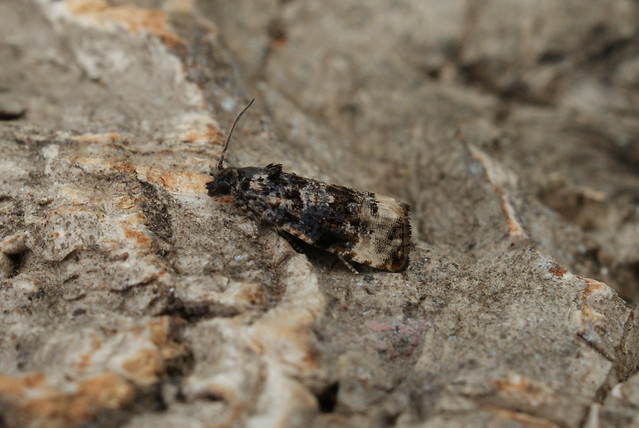 E. marginana
E. marginana - reared ex teasel seed head (larvae examined)
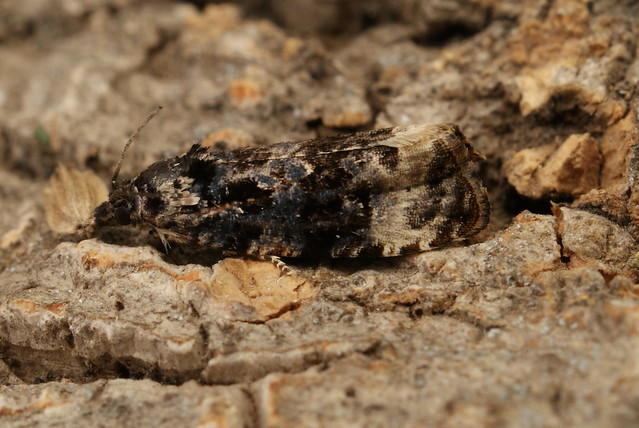 E. gentianaeana -
E. gentianaeana - reared ex teasel seed head (larvae examined)
I also always have a bag or two of Greater Burdock seedheads for rearing
Metzneria lappella - I don't bother looking too closely, just harvest a few handfuls and then wait...
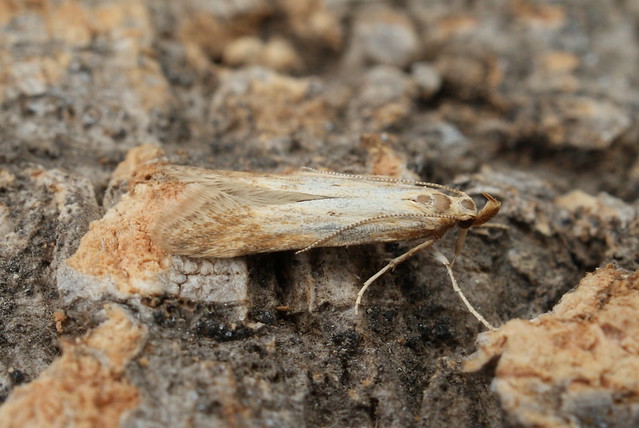 M. lappella
M. lappella reared ex burdock seed head
Dave
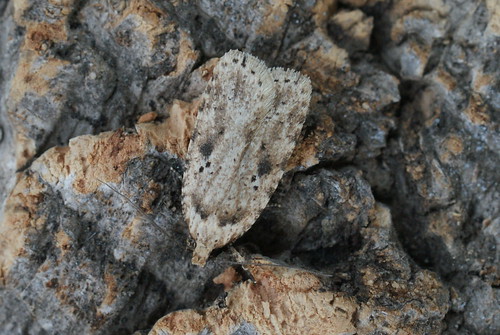
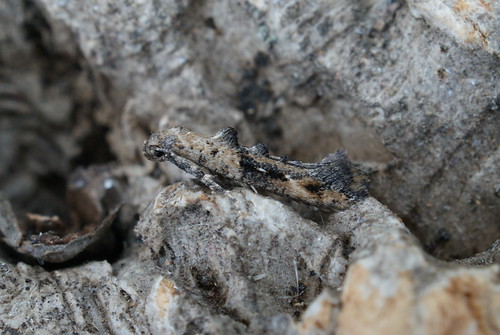
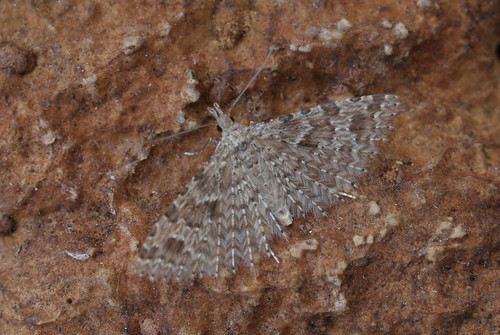




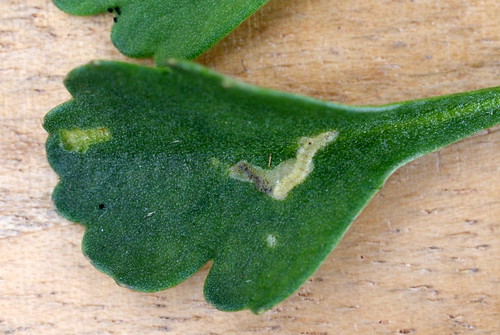
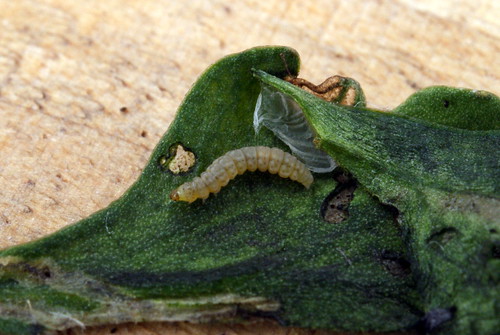
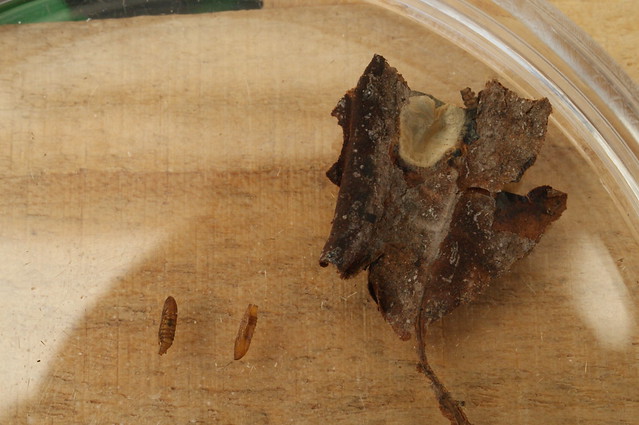
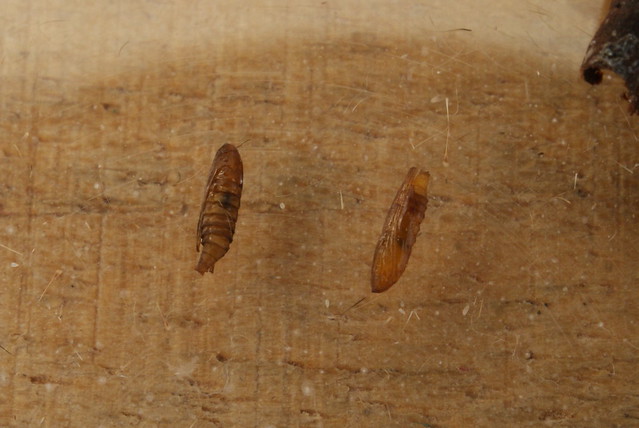
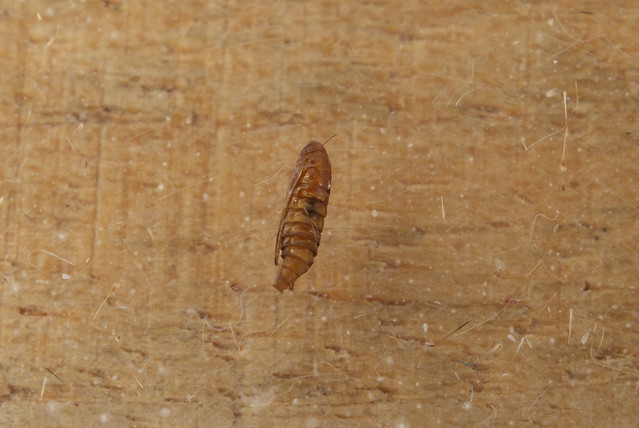 Dave
Dave


